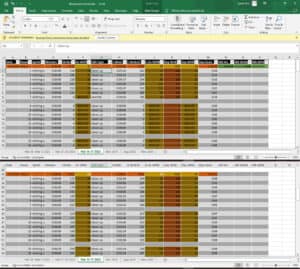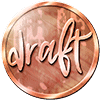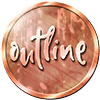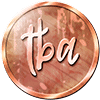April 20 2023
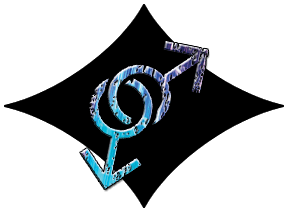 Refocused
Refocused
So I spent this morning on my drive to get allergy shots thinking about caving, about changing Breeding his Nephew to add a paranormal element so it would be allowed on Smashwords (Amazon would ban the fuck out of it, but Smashwords allows certain kink if there’s an obvious sentient brain involved — although it’s been a while and I should really recheck all the terms of service on this shit to make sure…)
Anyways, I was considering caving, only to realize it was coming from a broken place. It’s fear. I’m looking to add multiple characters and story arcs to what was supposed to be a basic fuck fic reminiscent of the whole pittbulls and parolees thing, all because a part of me is afraid I’m not going to be able to get back into writing. That the sickness will grab me once again, and I’ll lose so much time and cognition that I’ll never be able to get back to my life.
And that’s a dumb fuck reason to do anything.
It’s wrong. I already know it’s wrong. I’m absolutely better than I’ve been in years, and I know exactly the things that set me off and how to deal with them. It’s never going to be a loss of years again with my brain dribbling out of my head while I’m left staring at a wall trying to remember what a person does every day. I understand the airflow issues that push every allergen in the house into my room, the litter box as the source of everything pain/destroying to my health, and there’s no reason to be afraid it’s ever going to be as bad as before. I don’t have to make choices from that place — bad story choices, btw.
Like, seriously, what a waste of time it would be to add in multiple minds to this thing — and there is absolutely no way you can add a touch of magic/paranormal to a contemporary story without demanding a completely different change of plot. Everything becomes about the magic in the normal world, instead of the kink. No.
So, I’m refocused. Added the note taking linking element to my scene editor to be able to link and auto-populate descriptive text into the database without filling out a bunch of forms each time. Good. My eyes hurt, which is shit, but whatever. Allergies be allergies.

